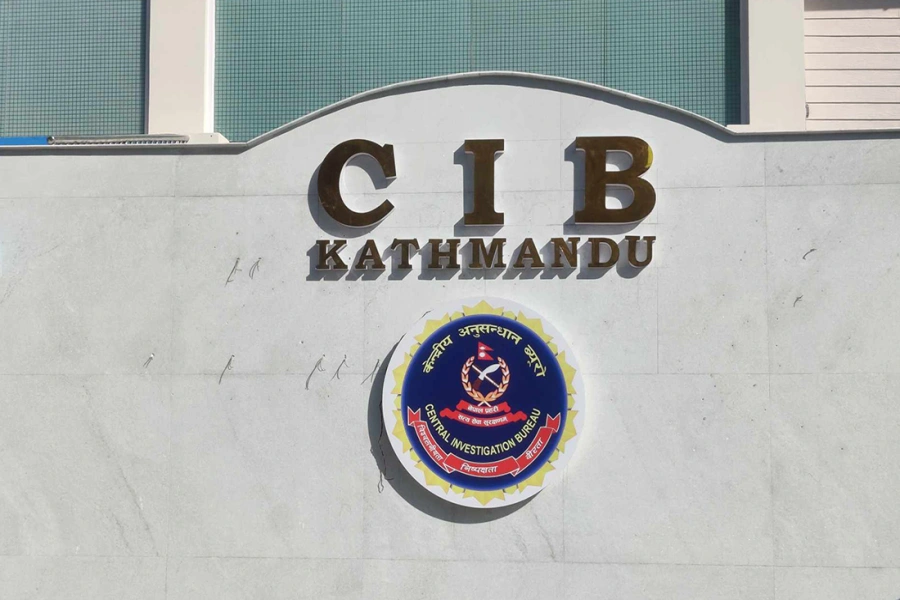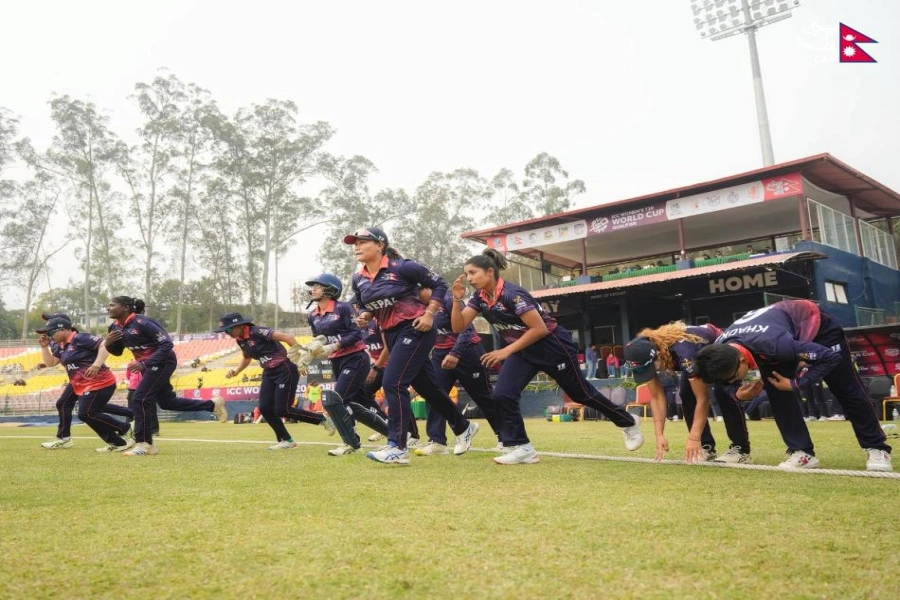KATHMANDU, Jan 5: The Supreme Court (SC) has dismissed Deepak Manange's plea of alibi, citing the legal precedent established in the notorious case of international criminal Charles Sobhraj.
Manange, a suspended Gandaki Provincial Assembly member, who was sentenced to five years in prison on November 5 for his role in the 2006 attack on his rival gangster Milan Gurung aka Chakre Milan, had appealed his conviction after being elected as a member of the Gandaki Provincial Assembly. The full text of the judgment has been made public two months after the SC found him guilty.
The case against Manange revolved around an incident in which he was accused of assaulting Milan with a deadly weapon. While the court's verdict found him guilty, Manange had consistently denied his involvement in the crime. He argued that he was elsewhere at the time of the attack, presenting an alibi to support his innocence. However, in their judgment, the bench of Justices Nahakul Subedi and Tek Prasad Dhungana rejected this claim, citing established legal precedents, including that of Charles Sobhraj, who had made a similar alibi defense during his trial.
In the full text of the verdict, the court explained for an alibi to be deemed credible, it must be supported by solid and indisputable evidence.
Sobhraj, infamous for his criminal activities, had denied involvement in several murders, including those that took place in Sanga and Manohara, claiming he was not at the crime scenes. However, the court found sufficient circumstantial evidence to confirm his involvement in the murder and burning of the dead bodies. The SC applied this same reasoning to Manange's case, explaining that merely denying involvement was not enough for acquittal.
SC orders govt to release French serial killer Charles Sobhraj...

Taking the same precedent in the case of Manange, the SC claimed that he would not be acquitted simply because he said that he was not present in the incident and had no involvement. The full text of the judgment states, “In the case of Manange, he also denied his involvement in the incident and claimed that he was elsewhere on that day, but this could not be independently verified.”
To confirm this, a detailed explanation has been given in paragraph 47 of the full text. “In order to prove his innocence in the alleged crime, he has claimed that he was not at the scene of the crime but was elsewhere. The defendant has to prove the claim of being elsewhere by presenting concrete, conclusive and credible evidence,” the full text of the verdict states.
In addition to citing Sobhraj's case, the SC also referenced the precedent set in the case of Deepak Bahadur Ghimire v. Government of Nepal. In that case, the court had ruled that an alibi could only be accepted if it was backed by independent and factual evidence. The same principle was applied to Manange, with the court concluding that his alibi claim was not supported by sufficient evidence.
The full text of the judgment further outlined the details of the assault on Milan, noting that the victim was attacked with a knife to the head and neck. The court also highlighted that Milan survived the attack only because he was immediately rushed to a hospital in Maharajgunj. Despite Manange's plea for acquittal, the court found that the evidence against him was compelling.
The SC ultimately upheld the five-year sentence imposed by the then Appellate Court in 2069 and dismissed Manange’s request for acquittal. The court’s verdict emphasized that Manange’s alibi plea could not be accepted as valid, as it was not substantiated by credible and independent evidence.
Manange is currently in custody awaiting the execution of the SC’s verdict. He was arrested by the police on November 5.
The appeal of Deepak Manange alias Rajiv Gurung, who had approached the apex court to appeal in 2074, was dismissed by the Registrar of the SC. After his appeal was dismissed on the grounds that the time limit had expired, Manange was sent to jail.
Following the full text of the recent verdict, Manange will now be required to serve the remaining portion of his five-year sentence.






































